Fish diversity linked to Caribbean coral reef health
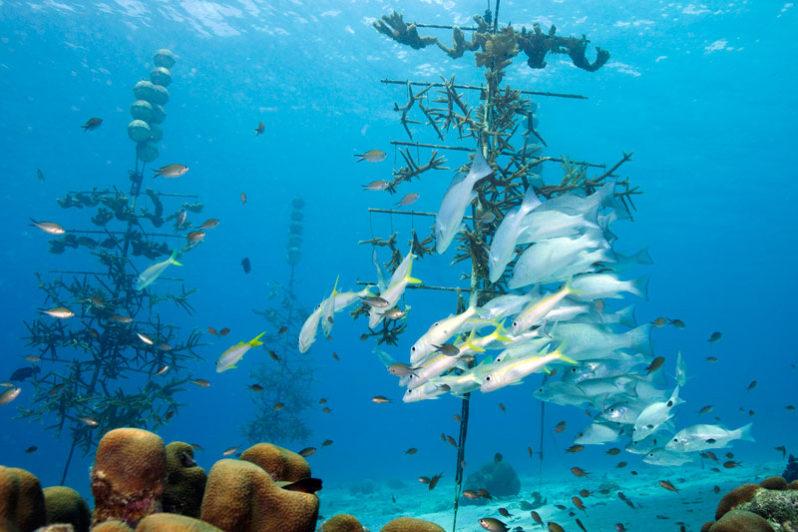
The health of coral reefs can be impacted as much by the diversity of fish that graze on them as by the amount of fish that do so, according to a new study. In the paper, the researchers untangle and unveil the powerful effects that biodiversity has on Caribbean coral reefs.
Proximity to land determines how coral reef communities respond to climate change events
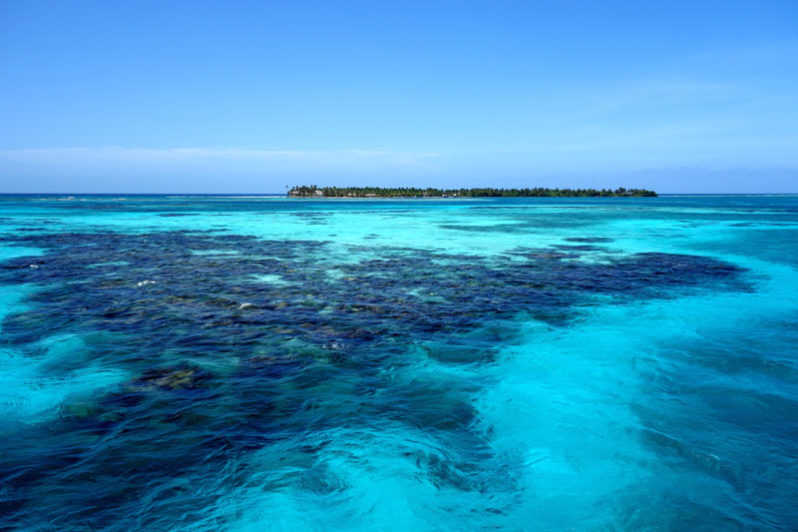
Severe weather and environmental disturbances, such as cyclones or thermal coral bleaching, affect specific areas of coral reefs differently, new research has shown.
Great Barrier Reef hit by ‘extraordinarily large’ muddy flood plume
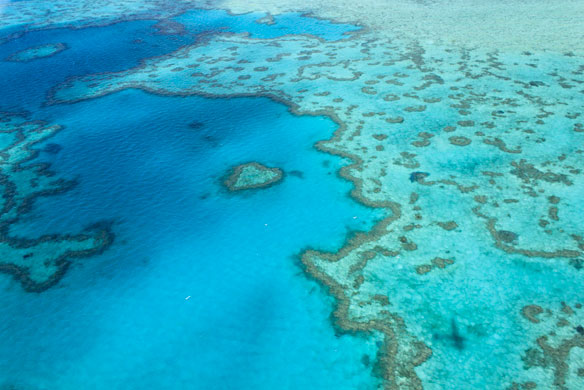
Massive plumes of polluted floodwater spanning the entire coast of north-east Queensland are encroaching on the outer reaches of the Great Barrier Reef, sparking a fresh threat to the beleaguered natural wonder.
Key West bans some sunscreens to protect coral reefs
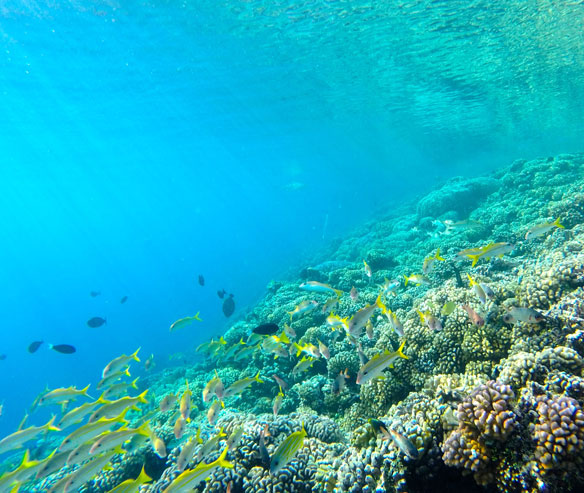
Officials in Key West ave decided to ban the sale of sunscreens containing oxybenzone and octinoxate, blamed for harming the only living coral reef found in the continental US.
Conserving Canada’s Diverse Marine Life
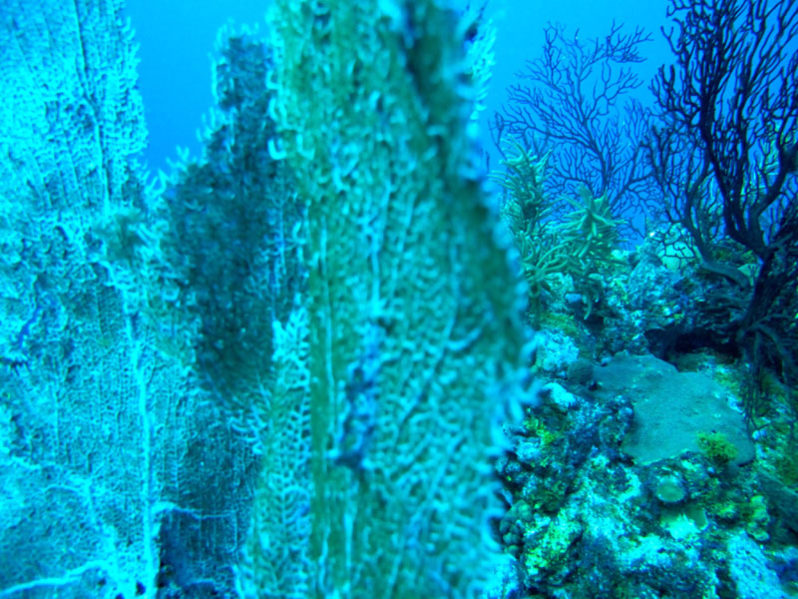
Despite the deep, cold waters, newly discovered undersea mountains off Canada’s west coast are home to a rich diversity of life. The recently designated Offshore Pacific Area of Interest, is a 140,000 square kilometre region 100 to 200 kilometres west of Vancouver Island in the province of British Columbia.
Managing wastewater to support coral reef health, resilience

Coral reefs provide food and livelihoods for hundreds of millions of people around the world, support more than a quarter of all marine life, and protect communities and coastlines from natural disasters—and if urgent action is not taken, we risk losing them forever.
Study tracks severe bleaching events on a Pacific coral reef over past century
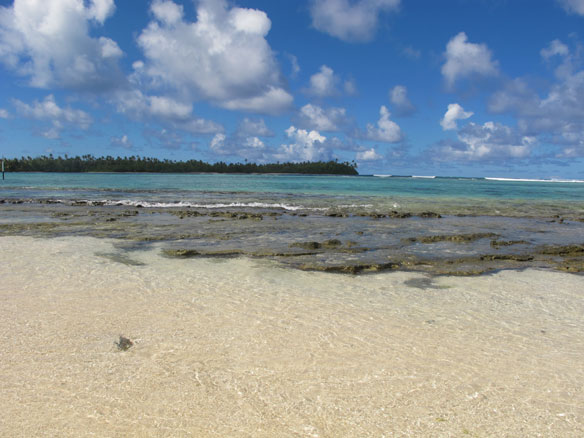
A new study has uncovered the history of bleaching on a reef in the epicenter of El Nino, revealing how some corals have been able to return after facing extreme conditions.
Florida’s coral reefs provide window into the past
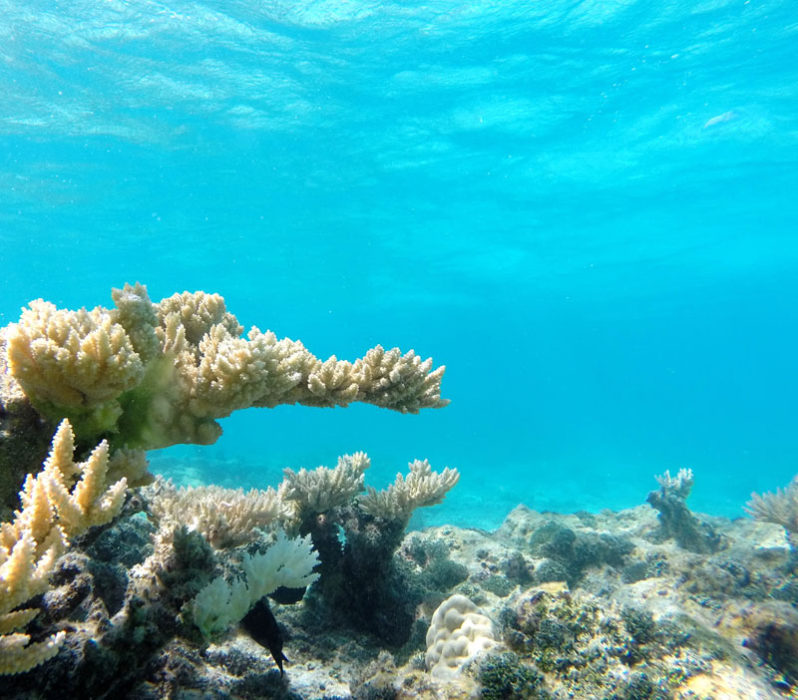
The Florida Keys coral reefs stopped growing or significantly slowed their growth at least 3000 years ago and have been balanced between persistence and erosion ever since, according to a new study by the U.S. Geological Survey.
Back from the brink: the global effort to save coral from climate change

Underwater nurseries offer glimmer of hope for endangered ecosystems, encouraging growth of coral fragments on fibreglass structures anchored to the seabed.
